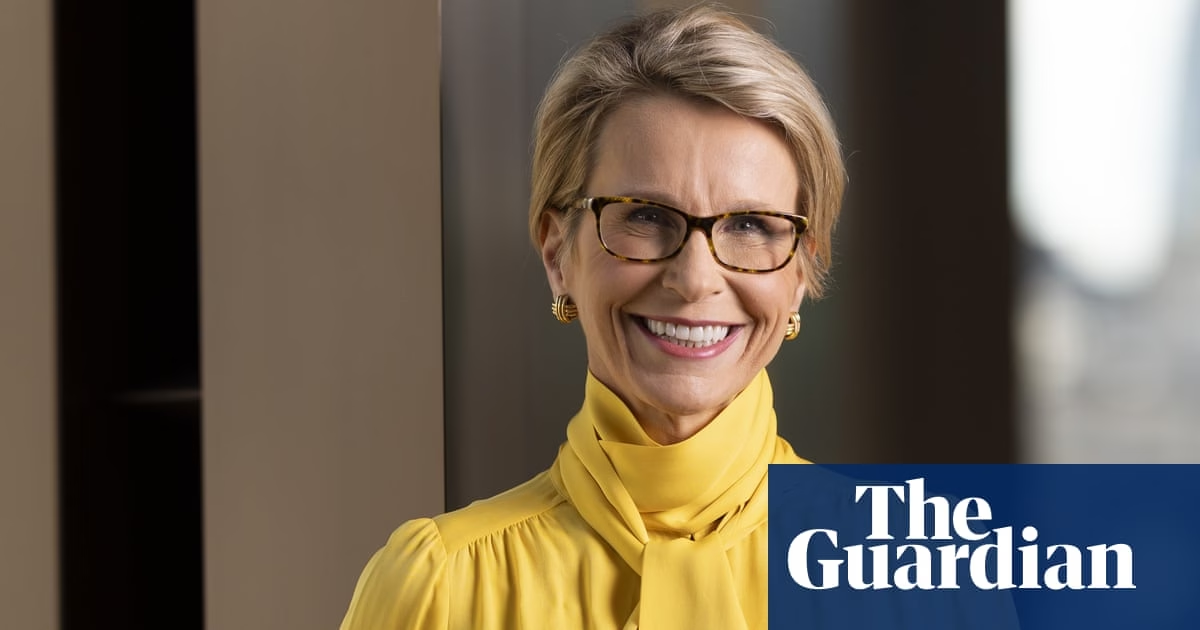Women held more than two in five seats on the boards of Britain’s largest listed companies last year, representing further advancement. However, the number of female chief executives in the FTSE 100 temporarily dropped to fewer than 10, according to a report. The percentage of board positions held by women at FTSE 350 companies rose to a new all-time high of 43.4% last year, up from 42.1% in 2023, according to the government-backed annual FTSE Women Leaders Review. The proportion of women in the boardroom was higher among the 100 largest listed companies, at 44.7% compared to 42.6% in 2023. The report, sponsored by Lloyds Banking Group and the consultancy KPMG, shows that women occupied 1,275 board roles and 6,743 leadership roles at the 350 FTSE companies last year. This places the UK second internationally for women in the boardroom, following France in the G7 countries. France has achieved 45.4% female representation on company boards through the use of quotas, while the UK’s target of 40% female boardroom representation by the end of the year is voluntary. While progress has been made, the number of women in top positions in the FTSE 350 fell slightly to 19 female chief executives compared to 20 in 2023. The top female CEOs in the FTSE 100 include Emma Walmsley at GSK, Jennie Daly at Taylor Wimpey, Amanda Blanc at Aviva, and others. The government aims to increase the presence of women in key roles such as company chairs, CEOs, and other executive positions.
Source: https://www.theguardian.com/business/2025/feb/25/women-hold-almost-45-of-seats-on-ftse-100-boards-report-says








